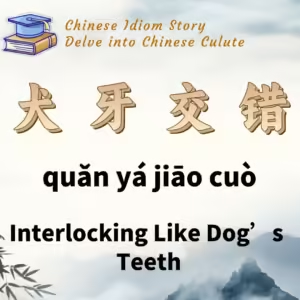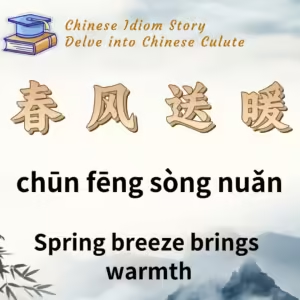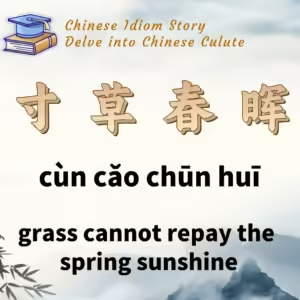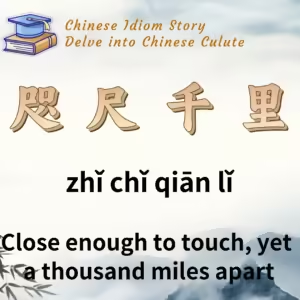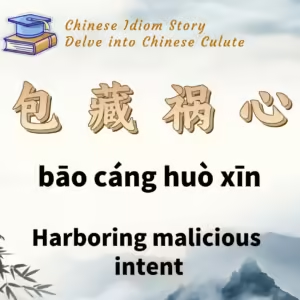
Chinese Idiom: 唇亡齿寒 (Chun Wang Chi Han)
English Translation: When the lips are gone, the teeth feel cold
pīn yīn: chún wáng chǐ hán
Idiom Meaning: This idiom metaphorically describes the close interdependence between two parties, often used to illustrate the relationship between countries or factions. It conveys the idea that if one party is harmed or lost, the other will also face significant consequences.
Historical Source: Zuo Zhuan (《左传·僖公五年》)
Idiom Story:
In ancient times, during the Spring and Autumn period, there were two small vassal states located near present-day Sanmenxia in Henan Province and Pinglu in Shanxi Province: the state of Yu and the state of Guo. Both were minor states with ties to the more powerful Jin State, ruled by the ambitious Duke Xian of Jin.
In 655 BCE, Duke Xian of Jin decided to attack Guo but feared that Yu would intervene on behalf of Guo, making his victory difficult. He contemplated attacking Yu instead but worried that Guo would come to Yu’s aid, leading to the same result. To resolve this, he devised a cunning plan.
Duke Xian sent an envoy, Xun Xi, to the ruler of Yu, offering him a magnificent horse and exquisite jade as a bribe, asking for permission to pass through Yu’s territory to attack Guo. The ruler of Yu, entranced by the gifts, readily agreed without considering the consequences.
However, a wise minister in Yu named Gong Zhiqi foresaw the potential danger of this alliance and warned the ruler, saying, “This is not a wise decision! Yu and Guo are neighboring states; Guo is a protective barrier for Yu. If Guo falls, disaster will surely follow for Yu. Their relationship is like the lips and teeth—if the lips are gone, the teeth will feel cold.”
The ruler of Yu dismissed the warning, believing that since both states shared a common ancestry, Jin would not harm them. Gong Zhiqi responded, “If we speak of kinship, then Guo is even closer to Jin than we are. Why do you think Jin seeks to attack Guo?”
Despite the warning, the ruler of Yu, enticed by the bribe, ignored the advice and agreed to Jin’s request. Seeing the impending doom, Gong Zhiqi left Yu with his family, lamenting, “Yu will not survive the winter; Jin will not even need to wage a war against us.”
As predicted, in December of that year, Jin destroyed Guo and then swiftly turned against Yu, ultimately leading to the downfall of Yu. The idiom “唇亡齿寒” thus emerged, illustrating the critical nature of interdependence between parties and the consequences of ignoring such ties.

